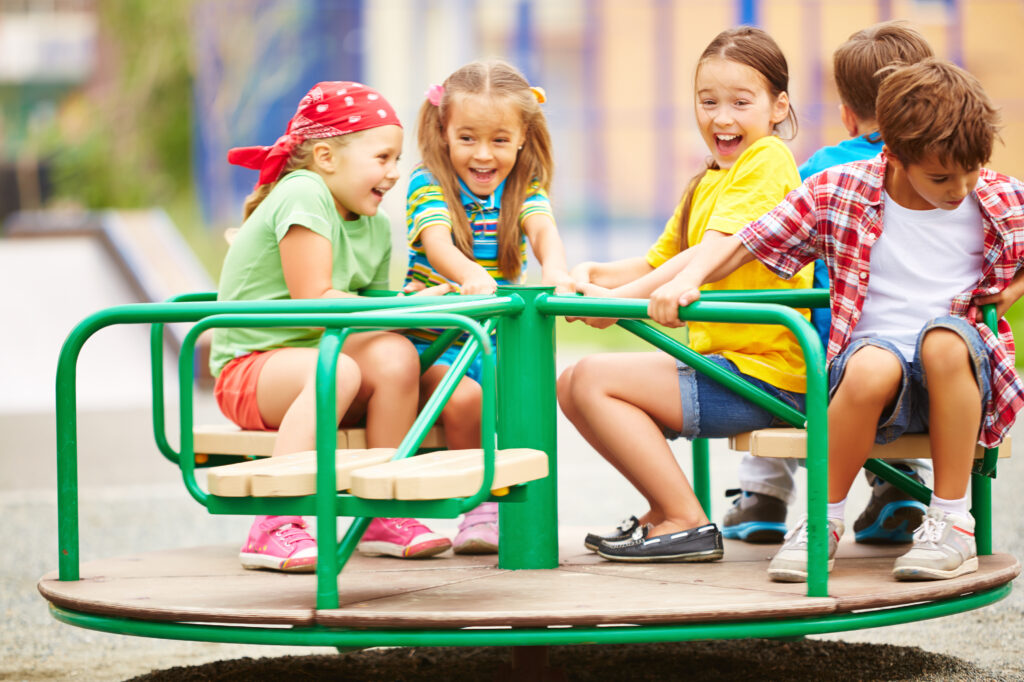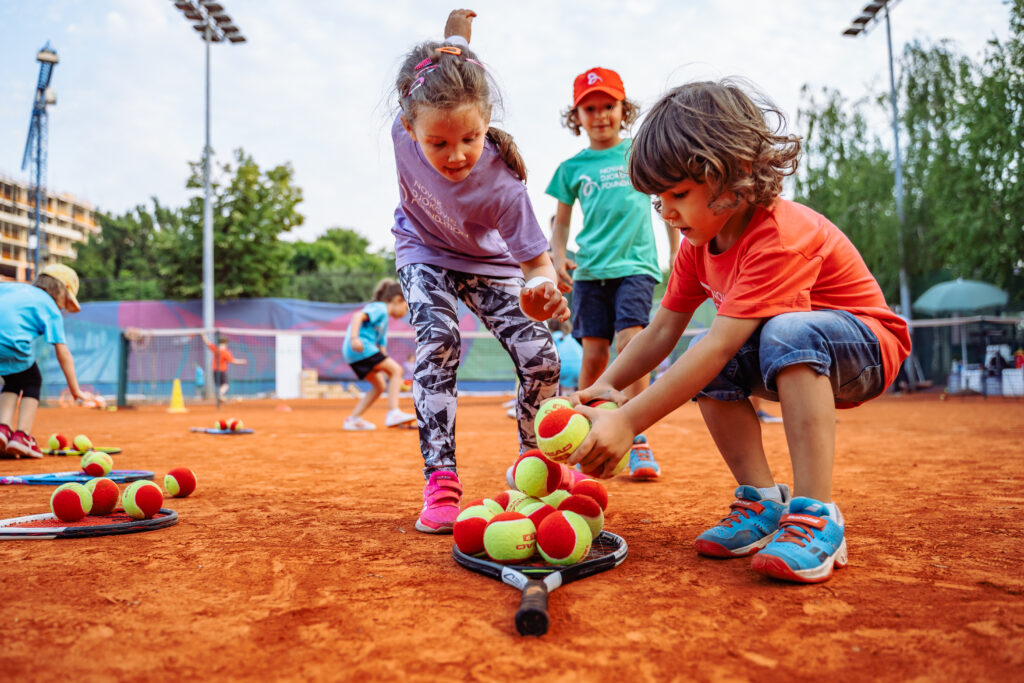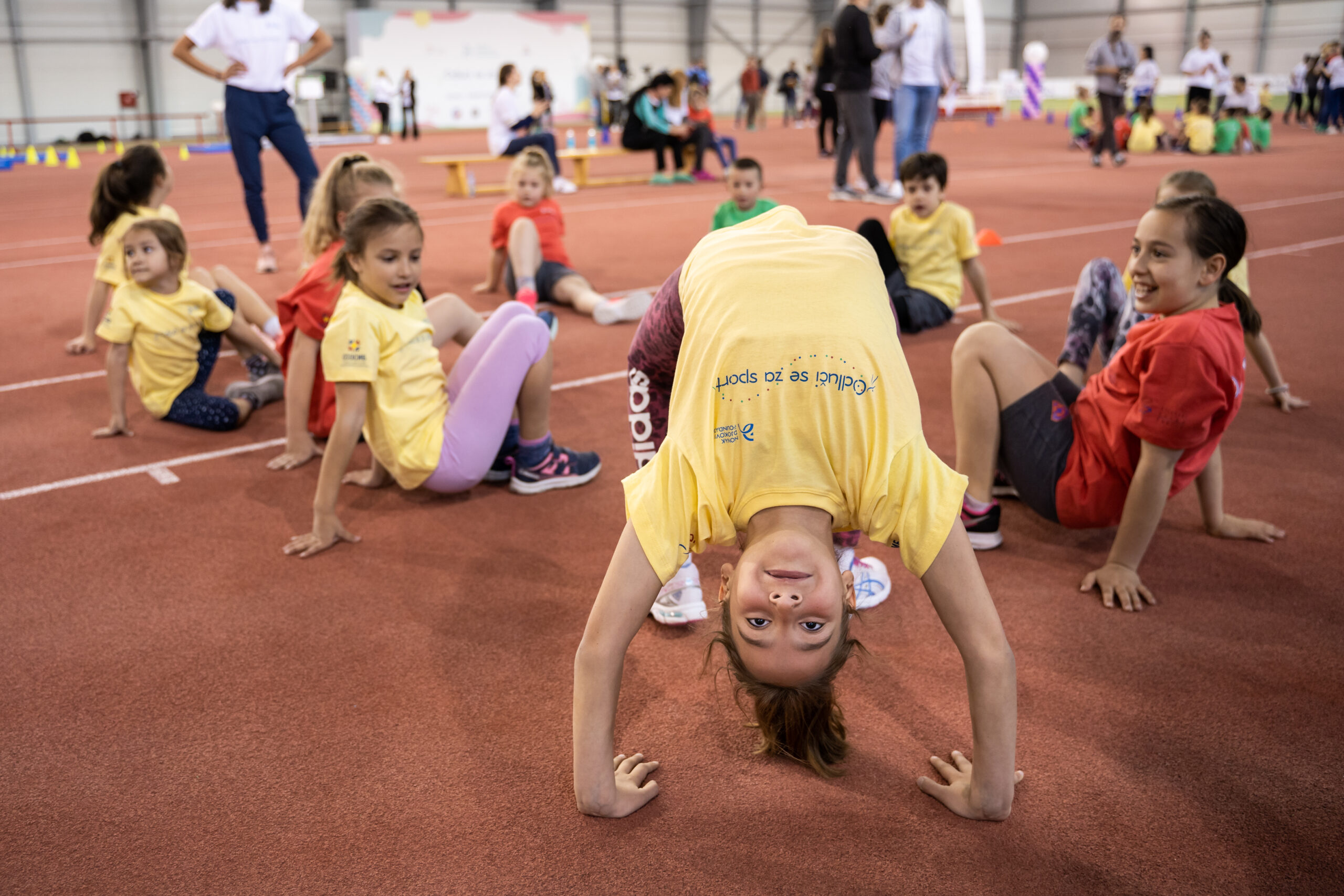If you’re looking for ways to enrich your child’s experience with playing, stay tuned — this one is worth reading!
From an early age, children are encouraged to engage in physical activities and hobbies as a way to exercise their bodies and minds. Whether it’s joining soccer practice or taking up tutored chess sessions, play plays a key role in the learning process of children. In this blog post, we’ll explore how engaging in physical and recreational activities can help boost overall development in many aspects! We’ll dive deep into the positive impacts that activities such as team sports or arts and crafts have on kids: from improved problem-solving skills to better social connections. So, if you’re looking for ways to enrich your child’s experience with playing, stay tuned — this one is worth reading!
Cognitive development
From the moment they come into the world, children are constantly exploring their surroundings and trying to make sense of the world around them. One of the ways they do this is through play. Play is not just an enjoyable activity – it actually plays a crucial role in cognitive development. When children engage in play, they can build neural pathways and make connections in their brains that help them develop important skills like problem solving, decision making, and critical thinking. In fact, studies have found that children who engage in play regularly tend to have better cognitive and social development than those who do not. So the next time you see a child playing, remember that they are not just having fun – they are building the foundations for a lifetime of learning.

Social skills
Playing is one of the most universal activities that humans of all ages enjoy, and it’s been proven to be an essential tool in developing social skills. Through play, children can interact with their peers, negotiate, and communicate effectively. When playing, they naturally learn how to share, take turns, and cooperate with their friends. Even as adults, playing games or participating in team sports can help individuals build their social skills, such as teamwork, communication, and conflict resolution. It’s no surprise that playing is often considered the universal language of childhood, and it’s crucial for developing social skills that can be used throughout life.
Physical health
For many reasons, playing is an essential part of childhood. It is crucial not only for the development of social and cognitive skills but also for physical health. Singing and dancing to their favorite tunes, running around in the backyard or a park, and participating in sports activities, all contribute to children’s physical fitness. Through play, children learn important fitness-related skills like balance, coordination, and agility. Thus, parents and caregivers need to encourage children to engage in active play and outdoor activities to promote their physical health. The best thing about play is that it brings joy and excitement, which is crucial for a child’s emotional well-being. So, let’s encourage our children to play and have fun while promoting their physical and mental health.

Emotional well-being
For kids, play is a serious business. From pretending to be superheroes to building epic forts with pillows and blankets, play is an essential part of childhood. But did you know that play can seriously impact a child’s emotional well-being? Play provides a myriad of benefits for children, including stress relief, creative expression, and socialization skills. It helps children navigate difficult emotions, develop cognitive skills, and build their self-confidence. In fact, play is so important for children’s emotional health that it has been called “the work of childhood.” So the next time you see a child absorbed in imaginative play, remember that they are not just having fun – they are building a foundation for their emotional well-being into adulthood.
Playful parenting
Playing is not just an activity that children enjoy and learn from. It is also a way to bond with them and create treasured memories. That’s why it’s important to make time for playtime with your kids. By engaging in playful activities with them like practicing sports or playing make-believe, parents can connect fully with their children and have fun in the process. You can even match your stylish and functional tennis outfit with your daughter’s! This shared experience can help strengthen relationships and build trust. Playing together not only benefits the child’s development but also creates a space where parents can let loose and experience the joy of being a kid again. So grab some toys and get ready to play!

Wrap up
It is apparent how play impacts children’s learning and development in a positive and meaningful way. When children are allowed to explore their environment, build relationships with other children, practice problem solving, and learn physical coordination, they are setting themselves up for success in all aspects of life. Play helps to give a child the confidence to make decisions, take risks, face their fears, and experience success on their own terms. In this way, play becomes an integral part of our earliest years that serves as the essential foundation for future lifelong learning. As parents and educators, we should look for ways to continue to incorporate play into our kids’ lives so that they can maximize learning outcomes throughout all stages of development. With a little creativity and an understanding of child development principles, we can help every child reach success through play!
About the Author: Chatty Garrate is a freelance writer from Manila. She finds joy in inspiring and educating others through writing. That’s why aside from her job as a language evaluator for local and international students, she spends her leisure time writing about various topics such as lifestyle, technology, HR, and business.

















